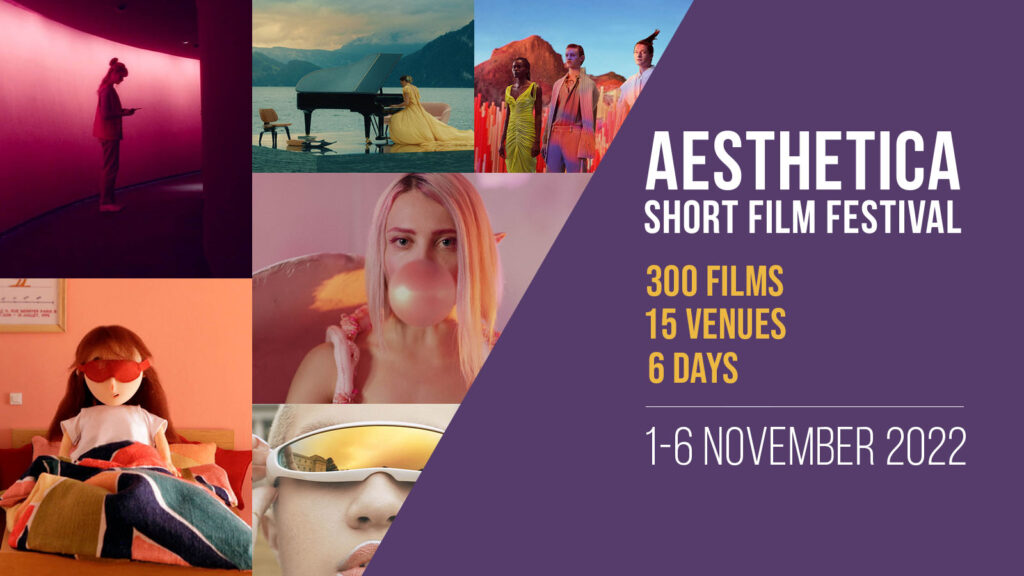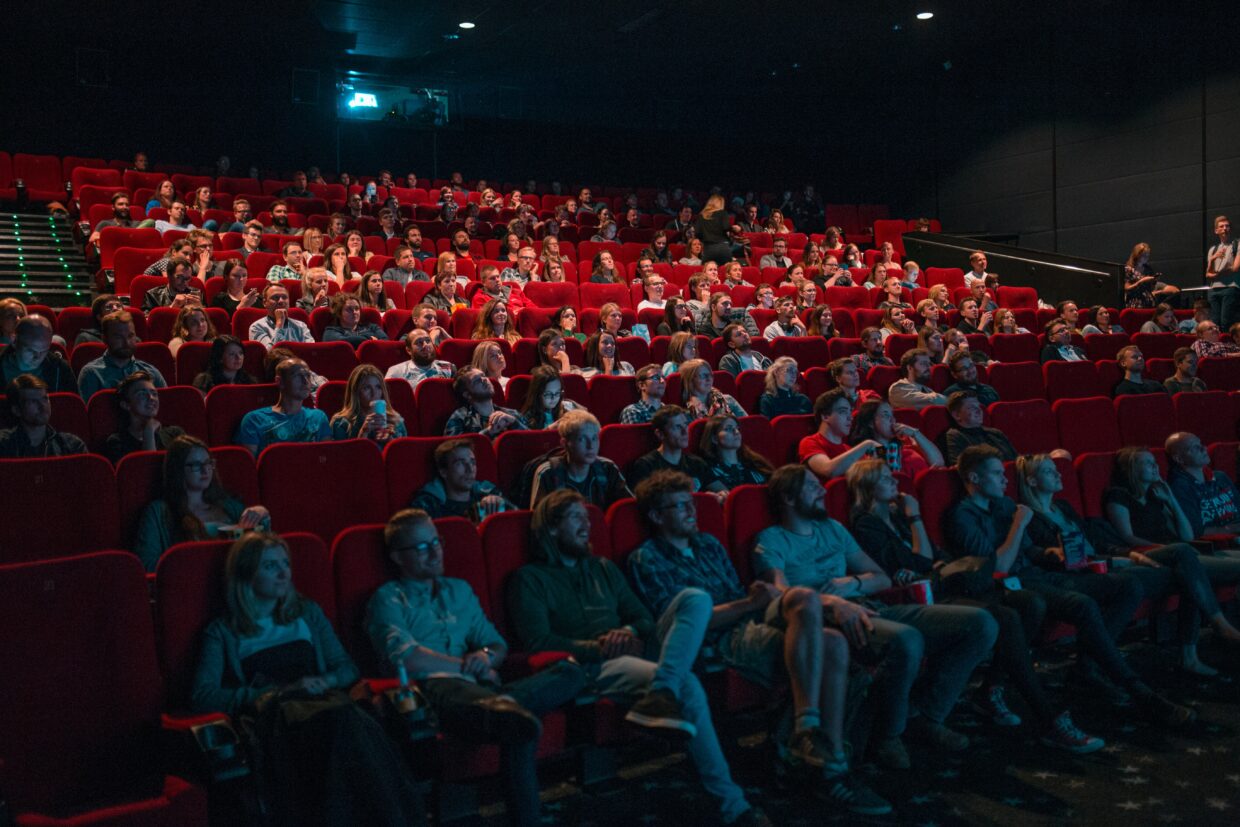It’s Saturday; it’s one of the rainiest days York has seen in a while, and the second-to-last day of the Aesthetica Short Film Festival. The town centre is buzzing with yellow lanyards – in Waterstones, I see flashes of neon intercepting bookshelves, hovering about the tables. I eavesdrop on two friends, captivated by their accents, and listen as they discuss a book: ‘Too much gore, for me’ one says, and when I find myself sitting next to her in a screening later I wonder if, like me, she was attracted to the Comedy session of the day for it’s lighthearted reputation. Devoid of the gore she hates, and surely avoiding the heavy topics I’d rather not deal with today – could this be why we were both drawn to, arguably, the most loveable genre of film?
Founded in 2011, the Aesthetica Short Film Festival visits York every year, with a goal to celebrate ‘independent film from around the world’. Films are organised into six daily overarching strands, fitting different themes, and are claimed to ‘focus on the topics that are the most meaningful, pressing and present in our world.’ This particular Saturday, I headed for the collection of short films belonging to the programme Family F*ck You Up, Sometimes. In my mind, I had an idea of what kind of storylines I’d be watching: something similar to the Adam Sandler, or Will Ferrell, movies which dominate Netflix.
The first film skimmed this expectation. Titled Right Words, it was centred around a sibling fight. Overall light-hearted, it wound a constant flow of action with witty dialogue and exaggerated characters, topping it all off with that happy ending we’re all familiar with – the boy gets the girl. The second to be shown, Broken: A Lockdown Story, launches us into a middle-aged woman’s crisis with a montage of her crying in a muddy field, her husband falling from the sky – his ‘fall from grace’, her crying in a grand, ruined house, a slo-mo of her children running from the IRA, all with melancholic music in the background.

It’s quirky; the cinema room is silent. I don’t think anyone knows quite how to react – whether we should be sad, laughing at this seemingly rich lady sobbing in a silk scarf. It all seems to be so satirical, so far-fetched – far from ordinary life. It’s a dark comedy, which tells the story of the woman’s crumbling life in the same way a company might advertise car insurance. Eventually, the illusion is shattered and is contrasted by a much more familiar scene – one encapsulating a family mid-pandemic, squished into a tiny kitchen, scowling at each other. Her husband stares out of the backdoor, a clear divide between him and his wife, and then she breaks wind – the audience laughs. The tension is broken. We’re still seeing the sad story of a woman whose internal, and external, life is being ripped apart by a pandemic, and it echoes the experience of many sat in the room in that moment. It definitely resonates with me; but the dramatised, comical approach somehow encourages us to reflect inwards, relate, but instead of feeling sad – laugh.
Bonne Soirée (Good Evening), the third film screened, was a family comedy at first glance: a boy pretends to find a makeshift camp in the cellar, says it belongs to a migrant, and his sister and her partner, despite knowing he orchestrated it, pretend to buy into the hoax. Just under 22 minutes long, the short film plays around with character types – the immature younger brother, the uptight, turtle-neck-wearing ‘self made’ man, the stubborn, protective woman figure. The main conflict of the film is Alex’s differing opinion to the other two characters. Splashes of humour, such as an awkward scene of Tim’s terrible guitar skills, at first downplay and pull away from the conflict, until the differing opinions over the migrant turn into a fierce argument between the couple.
True to its genre, the argument is exaggerated, childish – the characters mimic each other, take petty stabs – but gradually the tension rises. And in its falling, is a rush of emotion that I never expected to feel from a comedy – a short form one, especially – but that I’m not sure any other genre could deliver with quite as much success. We see how serious the contrasting opinion threatens the survival of the relationship, and in turn, becomes a sort of microcosm for the life of a migrant, which is constantly at the mercy of the opinion of those in power. This is hammered home with the arrival of two police officers at the end of the film – who, when appearing on screen, have me holding my breath. The potential to change an entire world view lies here, in the scriptwriting, and I’m sure the majority of viewers would agree it succeeds – for there is something about watching the policemen show compassion for the migrants, rather than the hostility we’d expect, that feels like an arrow to the ribs, and dissolves laughter to watery eyes with ease.
It’s the ruthlessness of comedy which allows it to take on heavy topics, and portray them in the most effective, respectful way. With it being my first time at a film festival, I underestimated how it allows for widening of your understanding of the human experience with such a variety of screenings, and after all, I’m glad my expectations were proved wrong.
Sitting in a room full of people that all laugh, all clap and are all following a similar process of emotions to you is a unique, rare moment of beauty and this is the experience the Aesthetica Short Film Festival encapsulates year after year. If at all interested in film, furthering your career with the workshops also held throughout the event, or just looking to try something new, it’s the place to be when it returns next November.
Pearl Brewster

